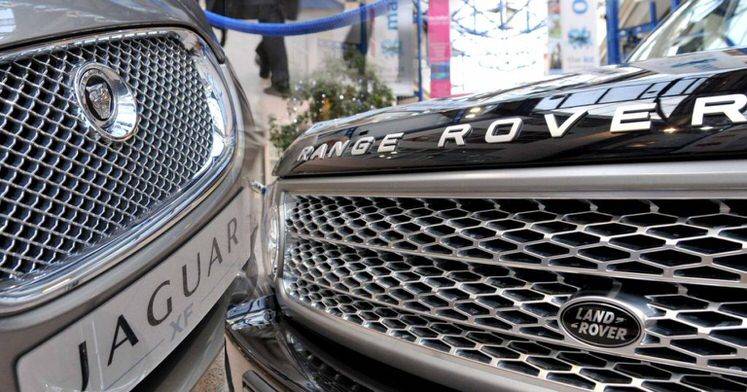Jaguar Land Rover has revealed plans to build an off-road self-driving system, capable of maneuvering through any terrain autonomously.
Researchers will begin field tests of the autonomous Land Rover to make it capable of functioning on all surfaces, regardless of the weather or environment. This could be a major step for autonomous vehicles, which currently only function on tarmac.
See Also: NuTonomy partners with Singapore on self-driving taxi fleet
“We don’t want to limit future highly automated and fully autonomous technologies to tarmac. When the driver turns off the road, we want this support and assistance to continue,” Tony Harper, head of research at Jaguar Land Rover said. “In the future, if you enjoy the benefits of autonomous lane keeping on a motorway at the start of your journey, we want to ensure you can use this all the way to your destination, even if this is via a rough track or gravel road.”
Your Jaguar can see better than you?
The autonomous off-roader will be fitted with surface identification and 3D path sensing — two technologies used in most autonomous cars. Jaguar Land Rover claims that the technology is so advanced it has better vision than humans and can predict upcoming terrain changes.
The firm is also developing an overhead clearing assist, able to recognize branches and barriers above the car. For military conveys, the automaker is looking into a off-road connected convey system, which uses vehicle-to-vehicle (V2V) communication to alert a fleet when one car goes offline or crashes.
Jaguar has not mentioned when the tech will be added to cars, though it could be as soon as the next generation Range Rover and Range Rover Sport. Both are apparently a few years away from launch.
AutoExpress speculates that the autonomous tech may be a premium feature for the first generation, costing extra. That’s a stark contrast to Tesla’s focus on integrating AutoPilot into as many cars as possible, through a free over-the-air update.






















